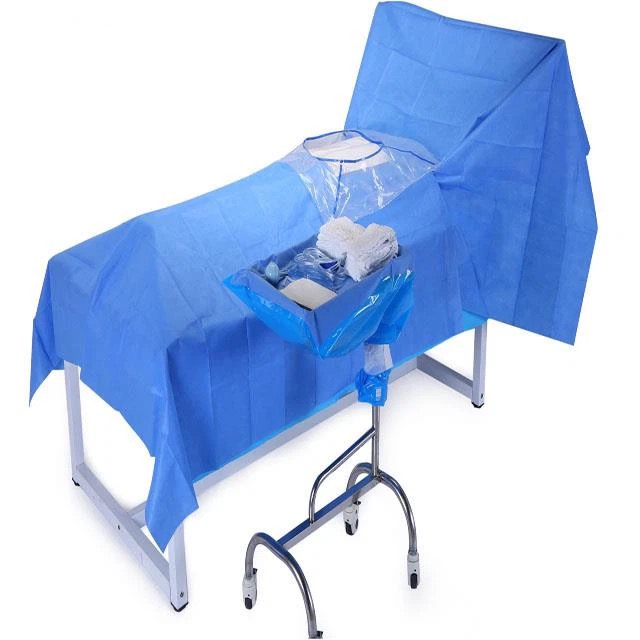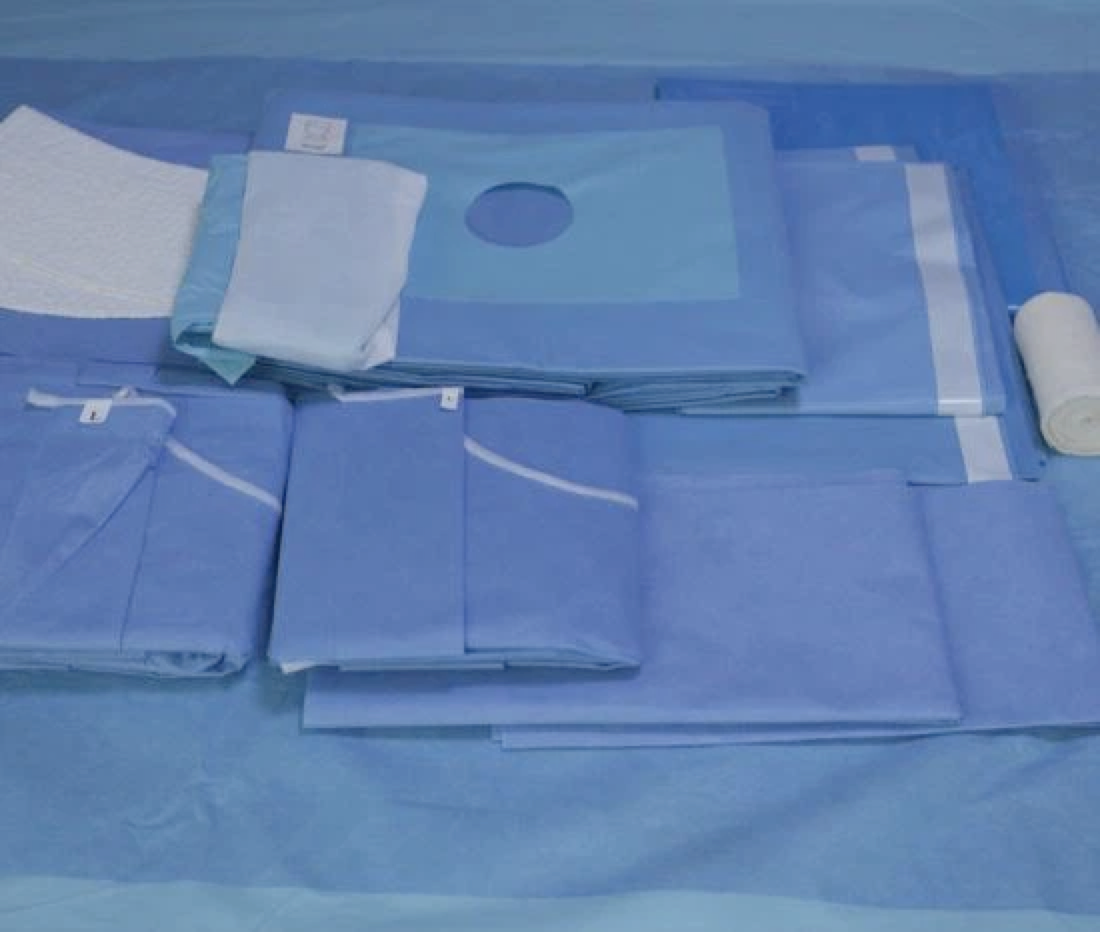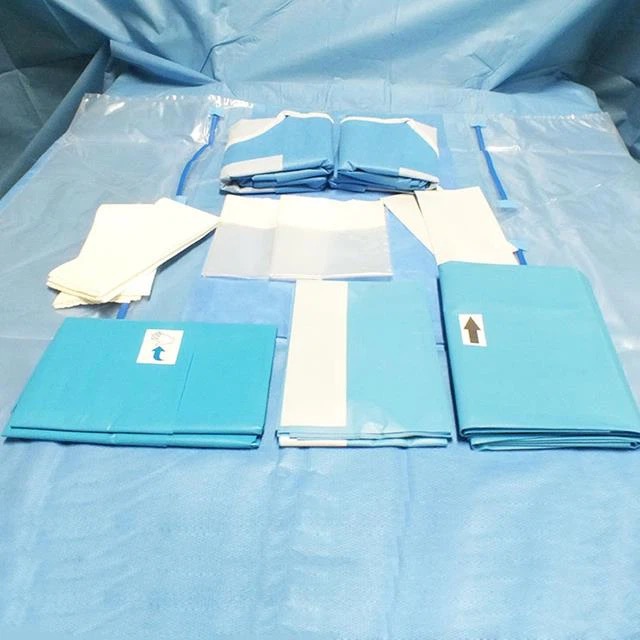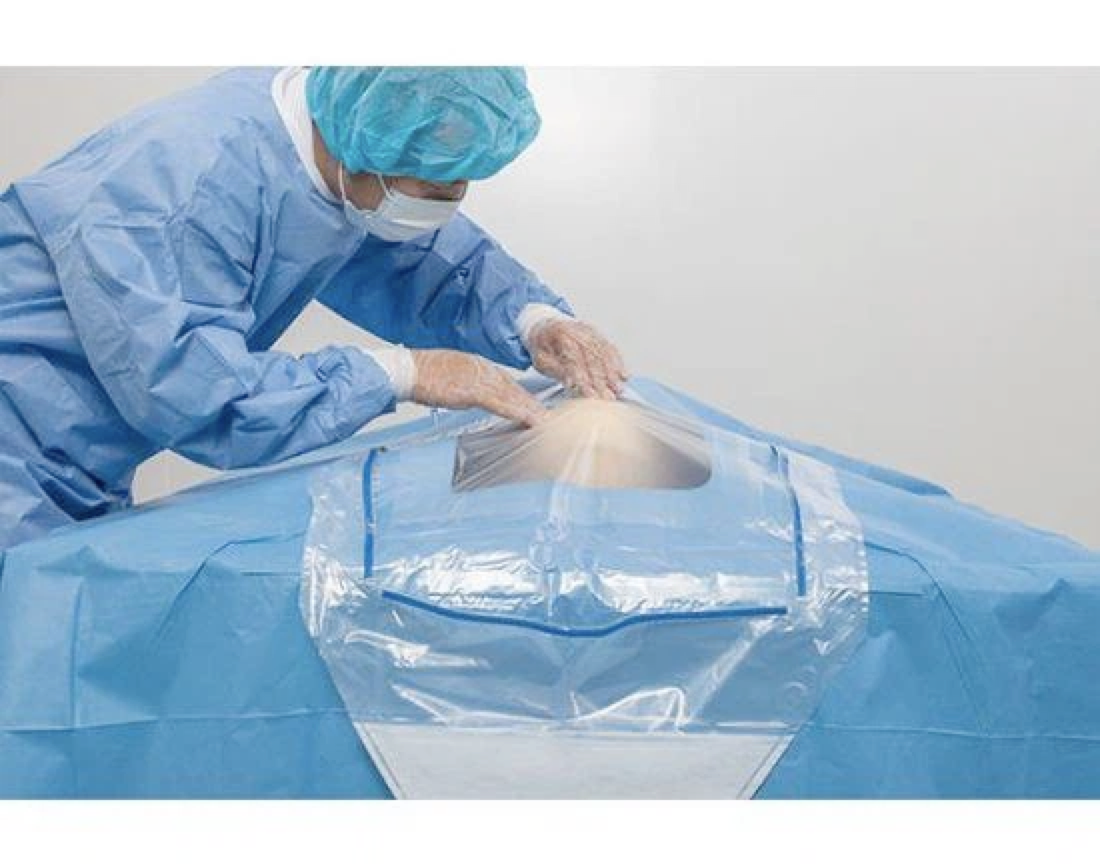These unhygienic "evil" hands remind us to wash our hands properly and wear disposable gloves. Some people wonder why medical workers wear gloves when they wash their hands.
This is because hand washing is a short action, although the correct handwashing can reduce 90% of the bacteria in the hands, the hands of health care workers are very vulnerable to the infection of temporary bacteria, each operation, the hand may increase 100-1000 bacteria. In particular, ICU has higher nosocomial infection than ordinary wards, and its infection links are complex. The hands of medical staff, including nurses, have the highest rate of contact with critically ill patients in the process of diagnosis and treatment.
There are literature reports, in the general nursing operation, the number of bacterial contamination of the hand is generally (103-105) CFU/C square meters; When the work is busy, the number of bacteria in the hand's doubles. Nurses suck sputum for patients with hand bacteria up to 106CFU/C ㎡, and clean perineal hand bacteria up to 1010CFU/C ㎡.Health care workers who do not wash their hands after contact with patients or contamination have a 100% bacterial total excess rate, and the rate of carrying gram-negative bacilli among ICU workers can reach over 80%.
A large amount of data shows that maintaining hand hygiene is the most basic, simple, and effective means to effectively prevent and control the spread of pathogens and thus reduce the incidence of hospital infections. Disposable gloves are necessary to keep hands clean for the long term.
Wearing disposable gloves not only reduces the chance of patients getting infected but also ensures health care workers themselves. It can even be said that wearing gloves can reduce the chance of family and friends of health care workers being exposed to germs. Because health workers don't wear gloves and pick up resistant bacteria, the bacteria can cross patients through contact with their hands, causing the spread of resistant strains. Transmission is then repeated between communities (i.e., contacts) through the transfer of the host patient. So, health care workers wear gloves mainly to prevent the spread of germs and to protect the patients, themselves, and other contacts.
Disposable gloves have a lifespan. In general, gloves need to be changed after 90 minutes during the operation to prevent gloves from being damaged. However, gloves need to be replaced immediately if:
1. After completing the patient examination, develop the habit of discarding gloves and get rid of the habit of touching computers, mobile phones, and documents with gloves.
2. If the gloves come into contact with areas that may be contaminated with pathogens, it is recommended to replace a clean pair of gloves if follow-up inspection or contact with a clean area is required.
3. When the gloves come into contact with the patient's blood or body fluids, in order to avoid cross-infection with subsequent patients, the gloves need to be replaced immediately;
Replacing disposable gloves in a timely manner may seem like a small step, but it can reduce the incidence of infectious diseases, and it has a bearing on the health of doctors and patients.
Contact us: sales@hnmedtech.com





